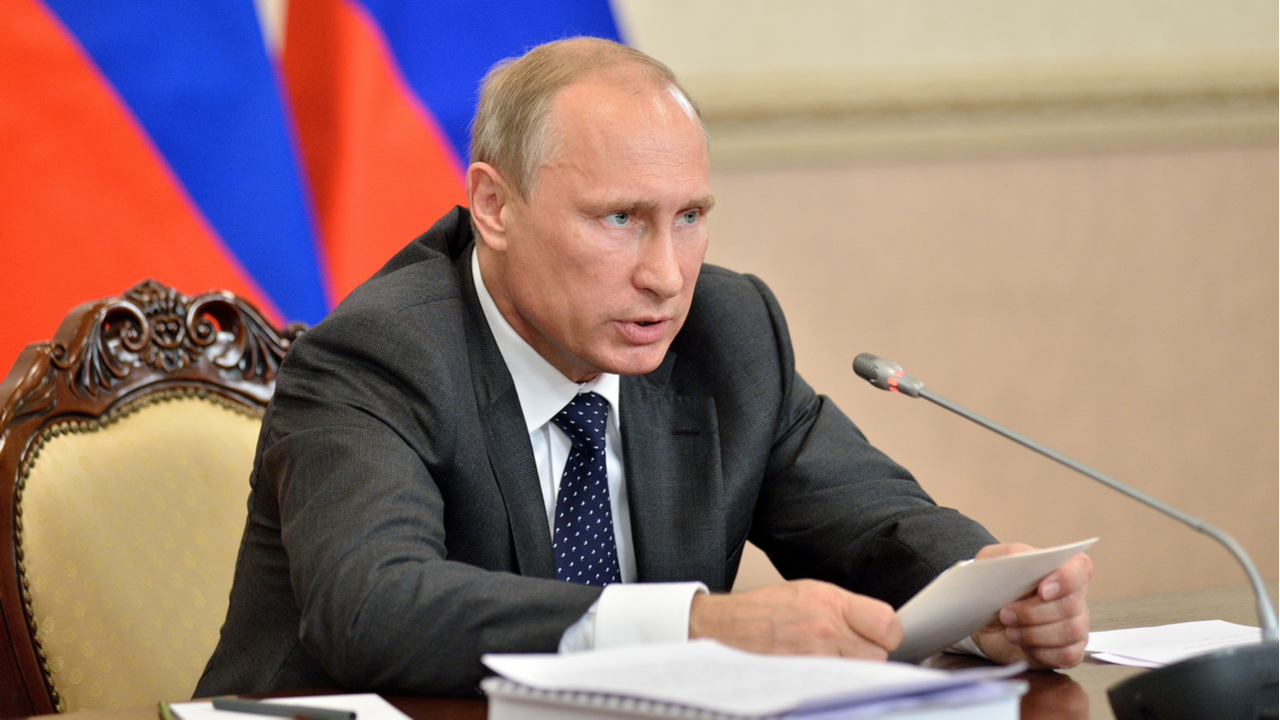President Vladimir Putin of Russia has signed into law a bill banning payments with digital financial assets. The legislation obliges exchange operators to refuse to process transactions facilitating the use of DFAs, a legal category currently covering cryptocurrencies, as “monetary surrogates.”
President Putin Approves Legislation Banning Digital Asset Payments in Russian Federation
Russian President Vladimir Putin has signed a law imposing direct restrictions on the use of digital financial assets (DFAs) as a means of payment inside his country, the crypto page of the RBC business news portal reported. The ban applies to utilitarian digital rights (UDRs) as well.
Russia is yet to comprehensively regulate cryptocurrencies, but the law “On Digital Financial Assets,” which went into force in January 2021, introduced the two legal terms. Russian officials have in the past indicated that DFA encompasses cryptocurrencies while UDR applies to various tokens. This fall, Russian lawmakers will review a new bill “On Digital Currency” designed to fill the regulatory gaps.
The legislation approved now by Russia’s head of state was filed with the State Duma, the Russian parliament’s lower house, on June 7 by the Chairman of the Financial Market Committee Anatoly Aksakov, and adopted a month later. Until now, Russian law did not explicitly prohibit payments with digital assets, although “monetary surrogates” are banned and the status of the ruble as the only legal tender is enshrined.
While the bill outlaws the exchange of DFAs “for transferred goods, performed works, rendered services,” it leaves the door open for cases of DFA payments envisaged in other federal laws. Amid expanding financial restrictions, imposed as part of Western sanctions over the invasion of Ukraine, a proposal to legalize small-scale crypto payments in foreign trade with Russia’s partners has been gaining support in Moscow.
Along with banning direct payments with digital financial assets, the law also obliges the operators of platforms offering exchange services to reject any transactions that can potentially lead to the use of DFAs to substitute the Russian ruble as a payment instrument.
The new legislation will enter into force 10 days after its publication in Russia’s government gazette. Regarding the option for exemptions in its application, the RBC report notes that Russian legal experts have already highlighted certain controversies in the document.
Tags in this story
ban, bill, Crypto, crypto payments, Cryptocurrencies, Cryptocurrency, DFAs, Digital Assets, digital financial assets, digital rights, draft law, Law, legal tender, Legislation, means of payment, Payments, President, prohibition, Putin, Russia, russian, Tokens
Do you expect Russian businesses to find a legal way to use cryptocurrencies in payments? Share your thoughts on the subject in the comments section below.
![]()
Lubomir Tassev
Image Credits: Shutterstock, Pixabay, Wiki Commons, Evgenii Sribnyi
Disclaimer: This article is for informational purposes only. It is not a direct offer or solicitation of an offer to buy or sell, or a recommendation or endorsement of any products, services, or companies. Bitcoin.com does not provide investment, tax, legal, or accounting advice. Neither the company nor the author is responsible, directly or indirectly, for any damage or loss caused or alleged to be caused by or in connection with the use of or reliance on any content, goods or services mentioned in this article.
More Popular News
In Case You Missed It
Source: https://news.bitcoin.com/putin-signs-law-prohibiting-payments-with-digital-assets-in-russia/




